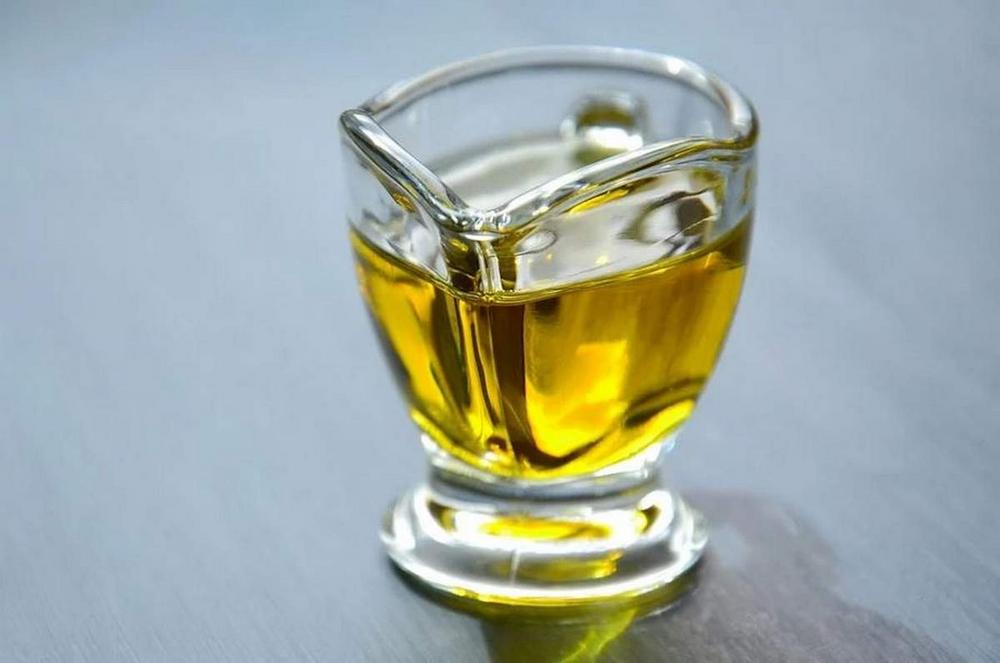In terms of food adulteration, the sky is the limit. Last year, for example, 150,000 litres of oil were discovered which were labelled as olive oil but did not contain a drop of olive oil. Instead, sunflower and soya oil with the addition of chlorophyll and b-carotene were used. Even simpler is the relabeling of olive oil of inferior quality. An olive oil of inferior quality is taken and labelled as extra virgin from Italy. In fact, such adulterations are hardly detectable by the consumer. Routine analysis in this area so far only offered limited possibilities.
With the introduction of the latest method for determining the origin of olive oil, TCF² in cooperation with QSI GmbH in Bremen have successfully improved their analyses.
The innovative method is based on the measurement of the chemical profile of olive oil (fingerprint) using NMR technology. "By comparison with reference profiles, it is possible to confirm or disprove the origin of an olive oil sample, as it is named on the label, as well as to prove the addition of foreign oils," describes Arne Dübecke, Head of the Tentamus Center for Food Fraud, TCF². Of course, the comparison is not simply made by placing two profiles next to each other. Instead, a comprehensive statistical evaluation is carried out, for which hundreds of reference samples are used for comparison.
The figure shows a statistical evaluation using linear discriminant analysis (LDA) of the different origins. It is easy to see that a separation of the origins is possible. "At present, the method recognizes the origins Italy, Spain, Greece, Portugal and Morocco and for the foreign oils rapeseed oil, sunflower oil and soybean oil. Of course, the database will be continuously expanded in order to make models for other origins and foreign oils available in the future," Dr. Ralf Kather of QSI GmbH in Bremen states.
It is becoming more and more important for companies to protect themselves against counterfeit products. Many standard providers, such as IFS, demand intensive checks for food fraud and the establishment of protective measures. "Our new method is a valuable addition to the existing possibilities to routinely check olive oil for adulteration and thus makes an important contribution to the protection of companies against Food Fraud", adds Arne Dübecke.
Since a large number of different products can be affected by Food Fraud, TCF² does not only take care of olive oil. It also provides analyses for various other products to prove authenticity or adulteration.
Contact our experts on Food Fraud and get competent advice
Tentamus Group GmbH was founded in 2011. Tentamus is a global product and safety group with a core presence in Europe, UK, Israel, China, Japan, India and the USA. Accredited and licensed Tentamus Group tests, audits and consults on all products involving the human body (food & feed, pharmaceuticals & medical, agrosciences, cosmetics, agriculture & environment and nutraceutical & supplements). Tentamus Group is represented in over 65 locations worldwide. More than 2,500 highly-trained staff members work in over 2.5 million square feet of laboratory and office spaces. For further information please visit www.tentamus.com.
Tentamus Group GmbH
An der Industriebahn 26
13088 Berlin
Telefon: +49 (30) 206038-230
Telefax: +49 (30) 206038-190
http://www.tentamus.com
Telefon: +49 (421) 5966070
E-Mail: info@qsi-q3.de
Head of Tentamus Center for Food Fraud
Telefon: +49 (421) 596 607 37
E-Mail: arne.duebecke@qsi-q3.de
![]()

